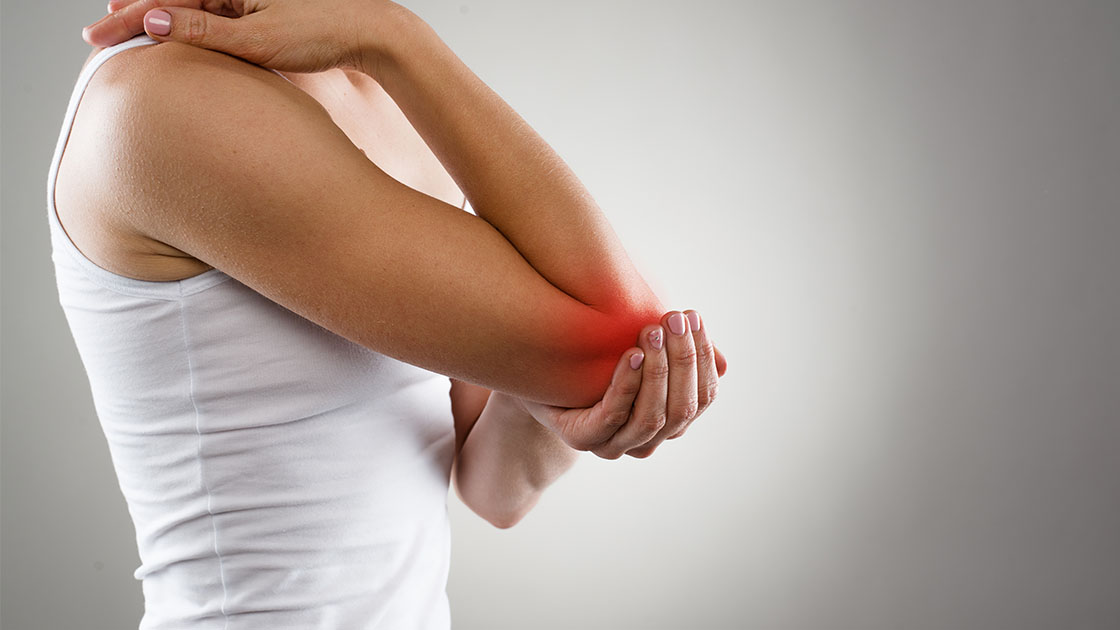Page Contents
Arthritis is a debilitating condition that affects millions of people worldwide, causing pain, stiffness, and reduced mobility. Traditional treatments have provided relief to some extent, but they often come with side effects and limitations. In recent years, a new ray of hope has emerged in the form of laser therapy, which is transforming the landscape of arthritis care. This article explores the promising impact of laser therapy in managing and alleviating arthritis symptoms, offering a beacon of hope to those who have long suffered from this chronic condition.
Challenges in Arthritis Care
Managing arthritis is a complex and ongoing challenge. Conventional treatments often involve medications, physical therapy, and in some cases, surgical interventions. While these approaches can provide relief, they are not without drawbacks. Medications may have side effects, physical therapy can be time-consuming, and surgeries carry inherent risks.
The Promise of Laser Therapy
Laser therapy, also known as low-level laser therapy (LLLT) or photobiomodulation therapy, is emerging as a promising alternative in the world of arthritis care. It involves the use of low-level lasers or LEDs to target affected joints and tissues. These devices emit specific wavelengths of light that stimulate cellular activity and promote healing.
How Laser Therapy Works
Laser therapy works through a process called photobiomodulation. When the low-level laser or LED light is applied to the skin over the affected joint, it penetrates deep into the tissue. At the cellular level, this light energy is absorbed by mitochondria, the powerhouses of the cell, which leads to increased energy production and improved cell function.
One of the key benefits of laser therapy is its ability to reduce inflammation. Inflammation is a hallmark of arthritis and a major contributor to pain and joint damage. Laser therapy helps to decrease inflammation by inhibiting the production of inflammatory substances and promoting the release of anti-inflammatory molecules.
Clinical Studies and Evidence
Numerous clinical studies have investigated the effectiveness of laser therapy in arthritis management. These studies have shown promising results, with many patients reporting reduced pain, improved joint function, and increased mobility. Laser therapy has been particularly beneficial for individuals with knee, hip, and hand arthritis.
Additionally, laser therapy has a favorable safety profile. It is non-invasive, painless, and does not carry the risks associated with medications or surgery. This makes it a viable option for individuals who may not be candidates for other forms of treatment.
Improving Quality of Life
The impact of laser therapy on patients extends beyond pain relief. Many individuals with arthritis experience reduced quality of life due to limitations in daily activities. Laser therapy has the potential to improve mobility and functionality, allowing patients to regain independence and engage in activities they once enjoyed.
Laser therapy can also alleviate the fatigue and sleep disturbances often associated with arthritis, leading to an overall improvement in well-being. Moreover, the cognitive difficulties known as “fibro fog” in conditions like fibromyalgia, which can co-occur with arthritis, may also be positively influenced by laser therapy.
Final Words
Laser therapy is transforming arthritis care by offering a safe, effective, and non-invasive alternative for managing arthritis symptoms. With its ability to reduce inflammation, improve joint function, and enhance overall well-being, laser therapy has emerged as a beacon of hope for arthritis sufferers.
While laser therapy holds great promise, it’s essential to consult with a healthcare professional before pursuing this treatment option. A qualified healthcare provider can assess individual needs and develop a personalized treatment plan. As research in this field continues to evolve, the future of arthritis care looks brighter than ever, thanks to the promising impact of laser therapy.
